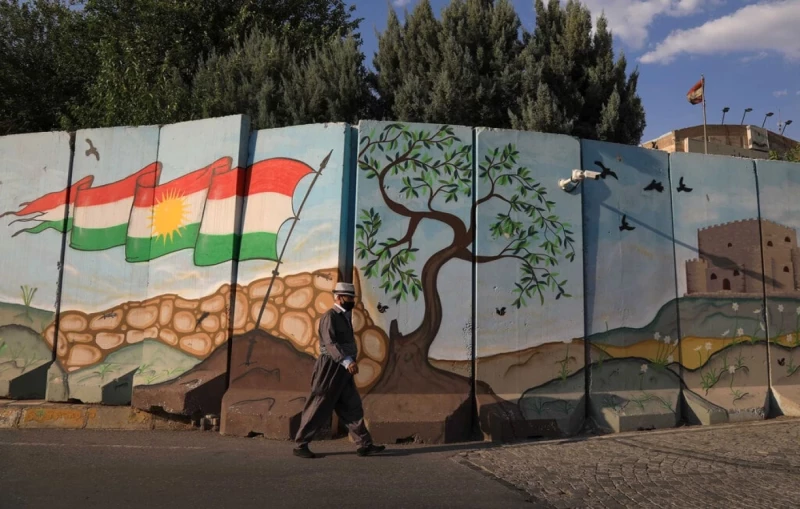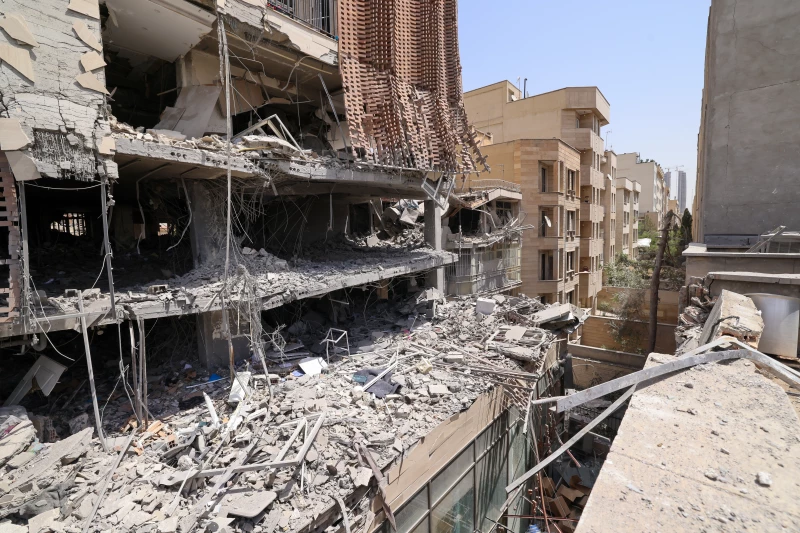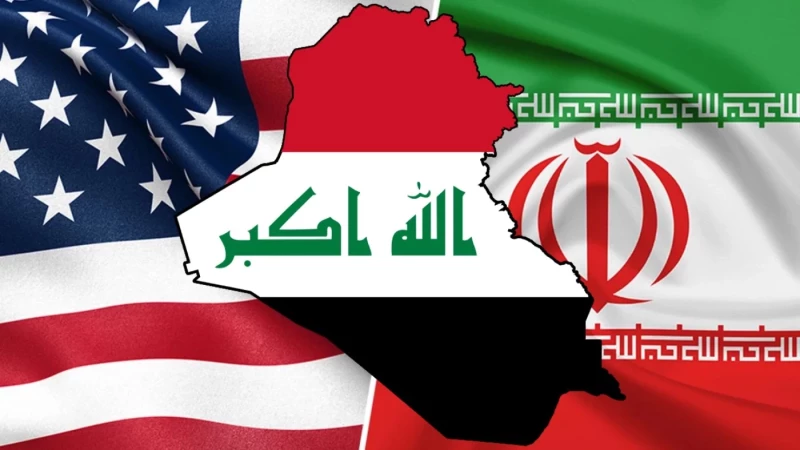In his first public appearance after the Israeli attack, Iran’s Supreme Leader Ali Khamenei asked the audience to sing “Ey Iran,” a patriotic anthem deliberately invoking Iranian national identity. He issued the request during a religious gathering in the month of Muharram — at the height of the Ashura rituals that lie at the doctrinal core of Shiite identity.
This juxtaposition is no accident. It is a lesson learned: the Iranian regime sees that survival in the face of external penetration—especially by Mossad—requires bolstering Iranian nationalism above sectarian or ethnic loyalties.
Iran, whose complex ethnic mosaic includes Persians, Azerbaijanis, Arabs, Kurds, Lurs, and others, seeks—amid regional conflict—to craft a unifying identity capable of managing diversity without threatening state cohesion. Khamenei himself, born to an Azerbaijani father and a Persian mother, heads a religious system that claims authority beyond national borders. Yet the unmistakable message he broadcast in that gathering was that the state interest of Iran takes precedence over sect.
Managing the Relationship with Iraq
By contrast—and despite its nuanced understanding of national identity at home—Iran pursues the opposite strategy in Iraq. Parties close to Tehran deliberately entrench a sectarian, communitarian mindset aimed at dismantling Iraqi national identity. They frame patriotism as a colonial artifact imposed by the Sykes-Picot agreement, glossing over the fact that Iraq’s current borders most closely match the geographic “historical Iraq” described during the Abbasid era (from 750 CE), whose cities and societies long pre-dated Islam.
Media platforms aligned with Iran-leaning parties tirelessly recycle arguments designed to undermine the very “idea of Iraq,” swapping national belonging for narrower allegiances.
This deliberate erosion of Iraqi national identity serves two main purposes: keeping Iraq politically dependent on Iran and providing Iraqi parties a convenient script for rebranding themselves at election time. Across the spectrum, Iraqi parties have abandoned any discourse about living standards—jobs, healthcare, education, and security. Incapable of offering a developmental vision, they reach for the lowest-cost tool: fragmenting society and manufacturing identity crises. By erecting sectarian and ethnic barriers, they blunt the emergence of a shared, livelihood-based public consciousness.
The outcome is stark: Iraqis are reduced to sect-ethnic labels—Shiite, Sunni, Kurd. Bread-and-butter issues—water, electricity, employment, healthcare—become marginal next to “sectarian rights” and “confessional representation.” Hence, confessional bills or religious incitement campaigns now eclipse any nationwide reform agenda in political discourse.
For Iran, the behavior of its allies is the ideal instrument for keeping Iraq under Tehran’s sway. Once Iraqis are boxed into groups, it is far easier to promote the core tenets of wilayat al-fqih within Shiite communities in central and southern Iraq—the country’s demographic, economic, and political heartland. It is a win-win for every component of the Iran axis: Tehran and its Iraqi partners alike.
Sunni forces, for their part, do not object; they exploit sectarian rhetoric within their own constituencies to justify their standing under the pretext of “confronting Shiite expansion.”
Time for National Identity
It is unlikely that Iran-aligned parties in Iraq will adopt Tehran’s domestic approach of reinforcing national identity; doing so would spell the end of the post-2003 regime built on sectarian apportionment.
Nevertheless, Iraqis must craft an alternative national project—one that links Iraqi identity to shared interests of a dignified life and dismantles the imposed segregation of their social fabric. The public sphere must become a space for organized collective action, not a battleground for sectarian or ethnic strife.
Perpetuating the current fragmentation can only condemn Iraq to permanent subordination to regional agendas. Even if today’s Iranian regime were to fall, Iraqis bereft of a unifying national identity would remain captive to another regional power’s orbit. If not Turkey, then perhaps tomorrow’s Iran. Iraq cannot change its geography, but Iraqis can forge an internal strategy that inoculates them against regional predation. It is a long-haul struggle to redefine what “Iraqi” means, one aimed at collective salvation from corruption, chaos, and division.
The views expressed in this article are those of the writer and do not necessarily represent the position of The New Region's editorial team.


 Facebook
Facebook
 LinkedIn
LinkedIn
 Telegram
Telegram
 X
X



